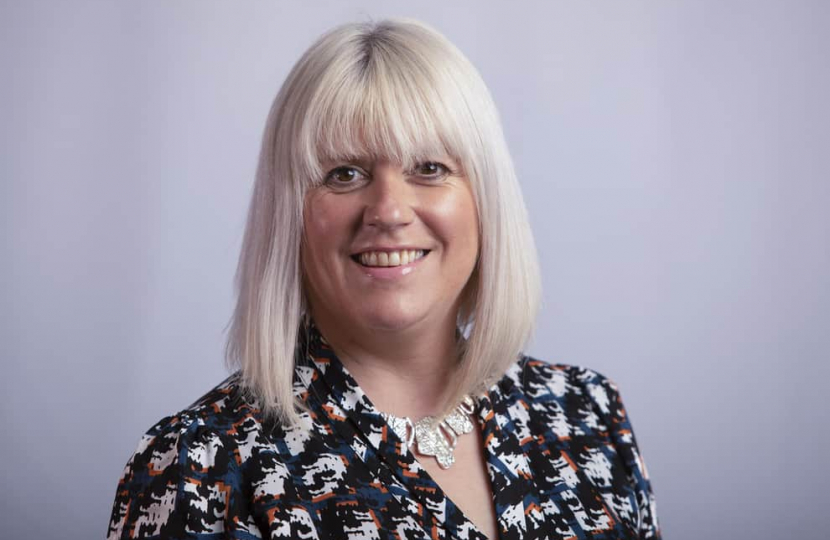
Sport has been a huge part of my life, playing and umpiring hockey into my 40s and I loved every second of it. Apart from when a ball whistled past my ear, I never gave care for my well-being a second thought.
It’s one of the few team sports where parity between the men’s and women’s games has never been an issue, and it’s only in the relatively recent past that football and rugby have caught up with the need to recognise and support the women’s games. As part of the need for the transformation of national attitudes to health, sports’ governing bodies have a key role to play.
People who play sport regularly can vouch for the mental as well as physical benefits of a good workout, but so too can a growing number of players testify to what can happen when things go wrong. And in high contact sports like football and rugby, the effect of serious head injuries can be catastrophic.
For women, thanks to Stanford research into brain trauma for the American military, there is growing medical consensus brain impacts have greater consequences for women than men, particularly cognitive abilities. That means the care available for women suffering concussions must be of the highest possible quality.
This concerns me not just as an ex-player, but as Scottish Conservatives’ spokesperson for mental wellbeing, and those concerns have been so tragically illustrated by Scottish rugby player Siobhan Cattigan who suffered repeated head injuries before her death in November 2021.
Her family believe her care was significantly below that afforded to male internationals, resulting in dramatic changes to her previously happy and optimistic personality and are fighting for an inquiry into her treatment so others do not go through the same ordeal.
Astonishingly, given old players and administrators are honoured with tributes before major internationals, Scottish Rugby has never marked Siobhan’s passing in this way, despite her still being an international squad member at the time of her death.
When a newspaper article argued MSPs were uninterested in her case, I got in touch with her family, and I’ll never forget how painful it was for her parents and partner to retell what happened to her. I arranged two meetings with Scottish Rugby chief executive Mark Dodson but both were cancelled at short notice, to the family’s devastation.
Understandably, this week they expressed their dismay at what they described as the dishonouring of their daughter and at least Scottish Rugby has moved quickly to rearrange our meeting. It would be wrong to pre-judge that discussion, but it is not too late for Scottish Rugby to use the opportunity of the Six Nations matches to properly acknowledge the commitment and loss of one of their own.
And it should be recognised that an independent inquiry into Siobhan’s care will have benefits for women players the world over and convince parents that their daughters will be looked after properly when they pull on the boots.
Scotland’s best women rugby players, like the men, will put their bodies on the line for their country over the next six weeks, and it should be a matter of honour for the whole Scottish rugby community to stand together and remember someone who literally gave her life for the game.

